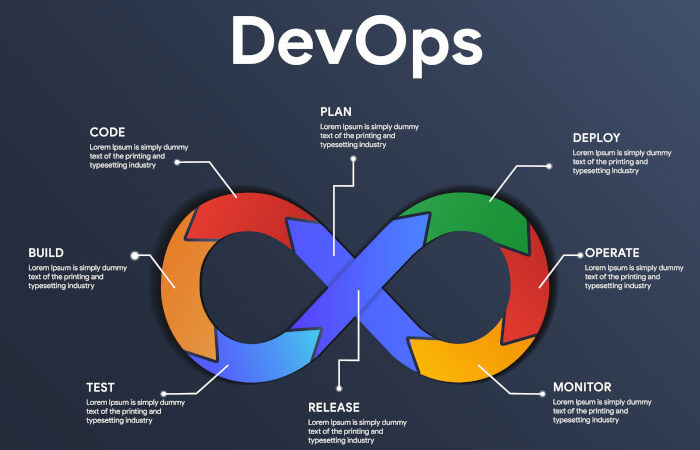Valgrind is a tool for memory debugging, memory leak detection, and profiling. It is essentially a virtual machine using just-in-time compilation techniques.
The Valgrind distribution currently includes five production-quality tools: a memory error detector, a thread error detector, a cache and branch-prediction profiler, a call-graph generating cache profiler, and a heap profiler. It also includes two experimental tools: a data race detector, and an instant memory leak detector.
Valgrind is designed to be as non-intrusive as possible. It works directly with existing executables. You don’t need to recompile, relink, or otherwise modify, the program to be checked.
Features include:
- Memcheck detects memory-management problems in programs. All reads and writes of memory are checked, and calls to malloc/new/free/delete are intercepted. Memcheck can therefore detect the following problems:
- Use of uninitialised memory.
- Reading/writing memory after it has been free’d.
- Reading/writing off the end of malloc’d blocks.
- Reading/writing inappropriate areas on the stack.
- Memory leaks — where pointers to malloc’d blocks are lost forever.
- Mismatched use of malloc/new/new [] vs free/delete/delete [].
- Overlapping src and dst pointers in memcpy() and related functions.
- Cachegrind is a cache profiler. It performs detailed simulation of the I1, D1 and L2 caches in your CPU and so can accurately pinpoint the sources of cache misses in your code. It will show the number of cache misses, memory references and instructions accruing to each line of source code, with per-function, per-module and whole-program summaries. If you ask really nicely it will even show counts for each individual machine instruction.
- Callgrind is a profiler similar in concept to Cachegrind, but which also tracks caller-callee relationships. By doing so it is able to show how instruction, memory reference and cache miss costs flow between callers and callees. Callgrind collects a large amount of data which is best navigated using Josef Weidendorfer’s amazing KCachegrind visualisation tool. KCachegrind is a KDE application which presents these profiling results in a graphical and easy-to-understand form.
- Massif is a heap profiler. It measures how much heap memory programs use. In particular, it can give you information about heap blocks, heap administration overheads, and stack sizes.
- Helgrind detects synchronisation errors in programs that use the POSIX pthreads threading primitives. It detects the following three classes of errors:
- Misuses of the POSIX pthreads API.
- Potential deadlocks arising from lock ordering problems.
- Data races — accessing memory without adequate locking.
Website: valgrind.org
Support: Manual
Developer: Cerion Armour-Brown, Jeremy Fitzhardinge, Tom Hughes, Nicholas Nethercote, Paul Mackerras, Dirk Mueller, Julian Seward, and others
License: GNU General Public License v2.0
Valgrind is written in C. Learn C with our recommended free books and free tutorials.
| Popular series | |
|---|---|
| The largest compilation of the best free and open source software in the universe. Each article is supplied with a legendary ratings chart helping you to make informed decisions. | |
| Hundreds of in-depth reviews offering our unbiased and expert opinion on software. We offer helpful and impartial information. | |
| The Big List of Active Linux Distros is a large compilation of actively developed Linux distributions. | |
| Replace proprietary software with open source alternatives: Google, Microsoft, Apple, Adobe, IBM, Autodesk, Oracle, Atlassian, Corel, Cisco, Intuit, SAS, Progress, Salesforce, and Citrix | |
| Awesome Free Linux Games Tools showcases a series of tools that making gaming on Linux a more pleasurable experience. This is a new series. | |
| Machine Learning explores practical applications of machine learning and deep learning from a Linux perspective. We've written reviews of more than 40 self-hosted apps. All are free and open source. | |
| New to Linux? Read our Linux for Starters series. We start right at the basics and teach you everything you need to know to get started with Linux. | |
| Alternatives to popular CLI tools showcases essential tools that are modern replacements for core Linux utilities. | |
| Essential Linux system tools focuses on small, indispensable utilities, useful for system administrators as well as regular users. | |
| Linux utilities to maximise your productivity. Small, indispensable tools, useful for anyone running a Linux machine. | |
| Surveys popular streaming services from a Linux perspective: Amazon Music Unlimited, Myuzi, Spotify, Deezer, Tidal. | |
| Saving Money with Linux looks at how you can reduce your energy bills running Linux. | |
| Home computers became commonplace in the 1980s. Emulate home computers including the Commodore 64, Amiga, Atari ST, ZX81, Amstrad CPC, and ZX Spectrum. | |
| Now and Then examines how promising open source software fared over the years. It can be a bumpy ride. | |
| Linux at Home looks at a range of home activities where Linux can play its part, making the most of our time at home, keeping active and engaged. | |
| Linux Candy reveals the lighter side of Linux. Have some fun and escape from the daily drudgery. | |
| Getting Started with Docker helps you master Docker, a set of platform as a service products that delivers software in packages called containers. | |
| Best Free Android Apps. We showcase free Android apps that are definitely worth downloading. There's a strict eligibility criteria for inclusion in this series. | |
| These best free books accelerate your learning of every programming language. Learn a new language today! | |
| These free tutorials offer the perfect tonic to our free programming books series. | |
| Linux Around The World showcases usergroups that are relevant to Linux enthusiasts. Great ways to meet up with fellow enthusiasts. | |
| Stars and Stripes is an occasional series looking at the impact of Linux in the USA. | |
